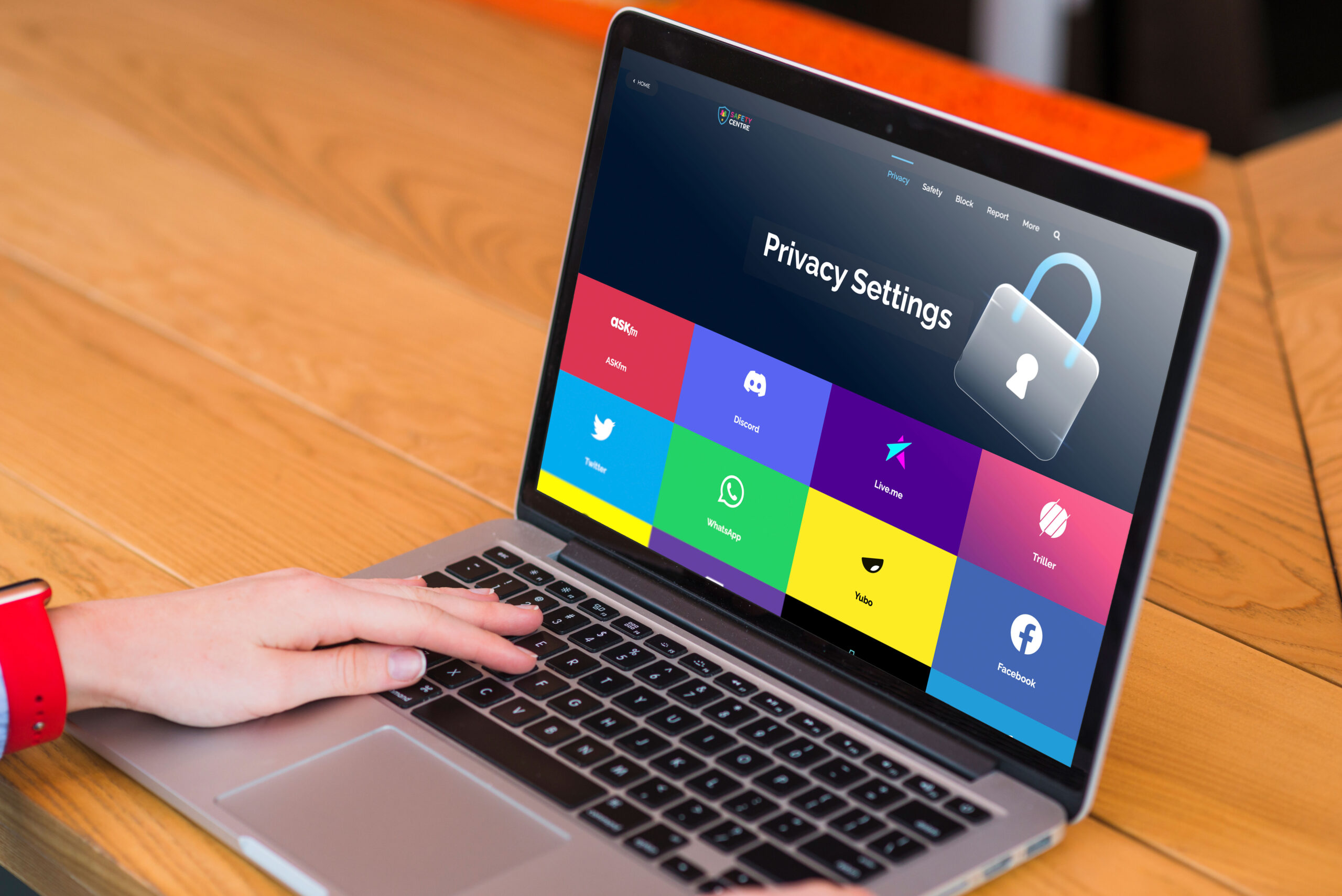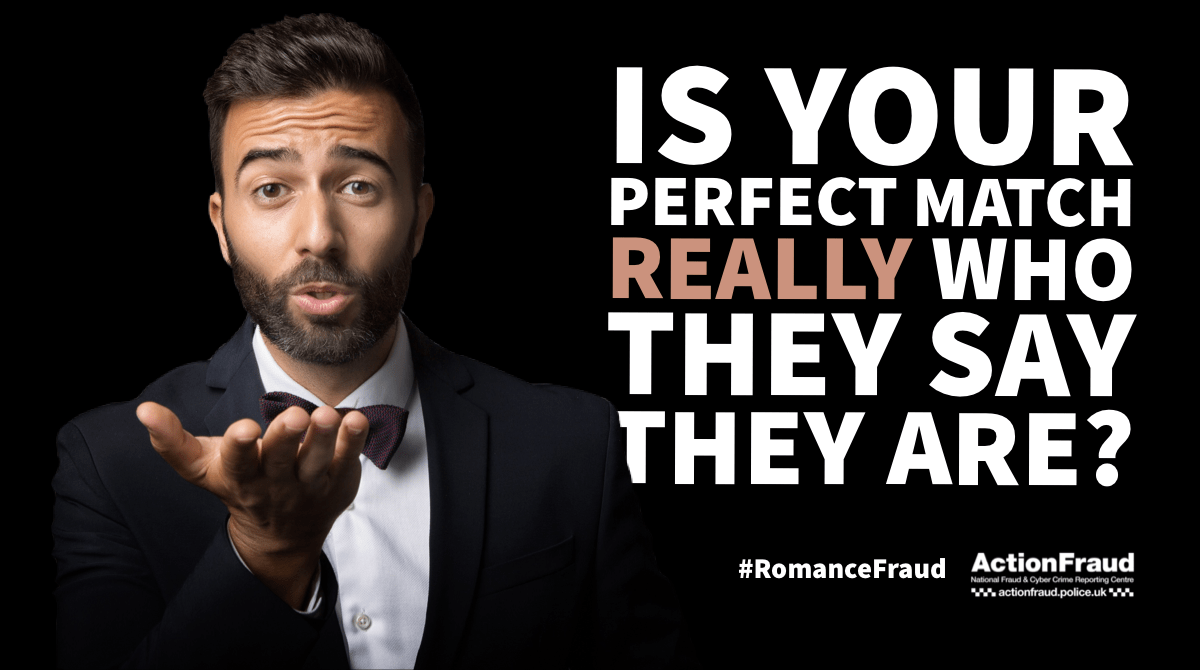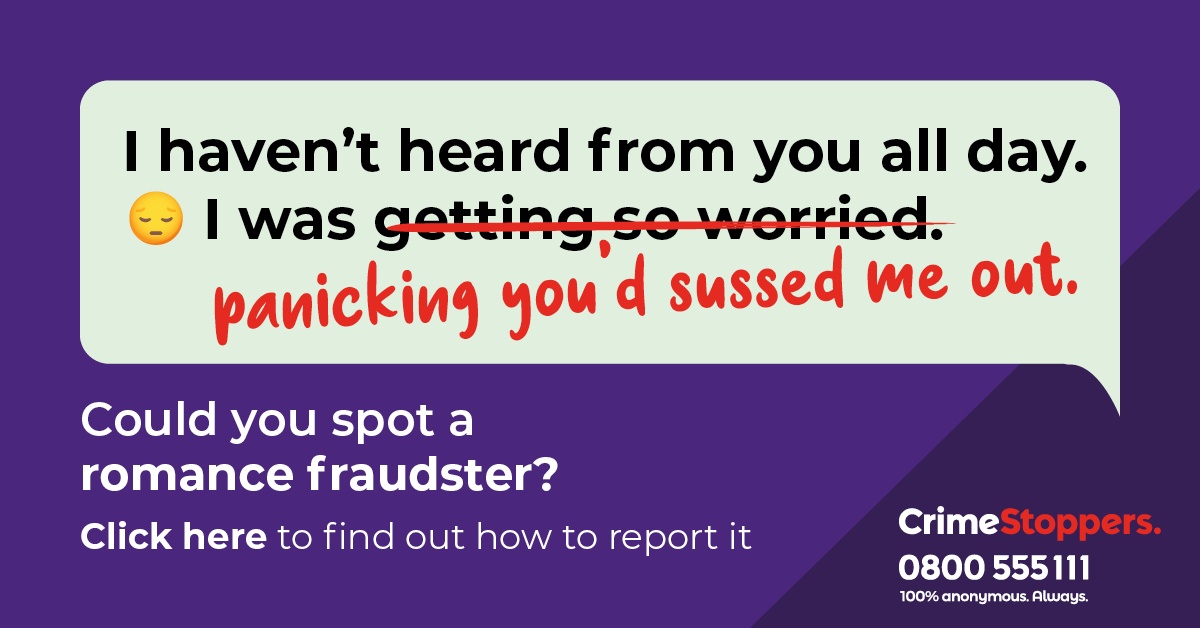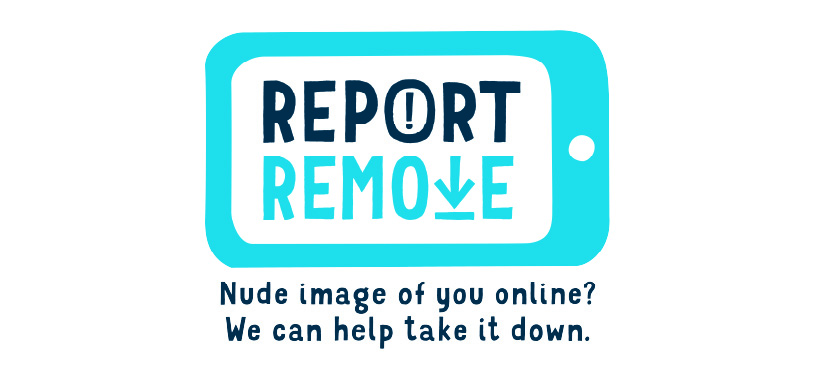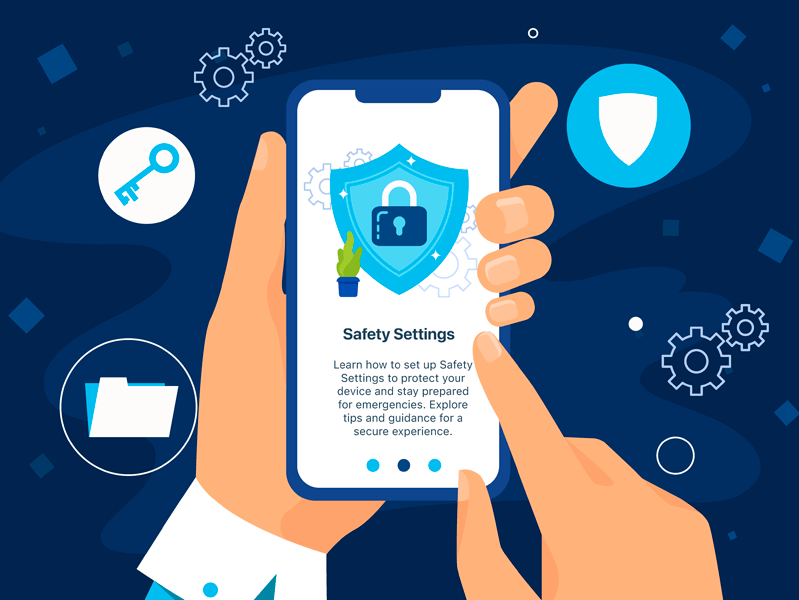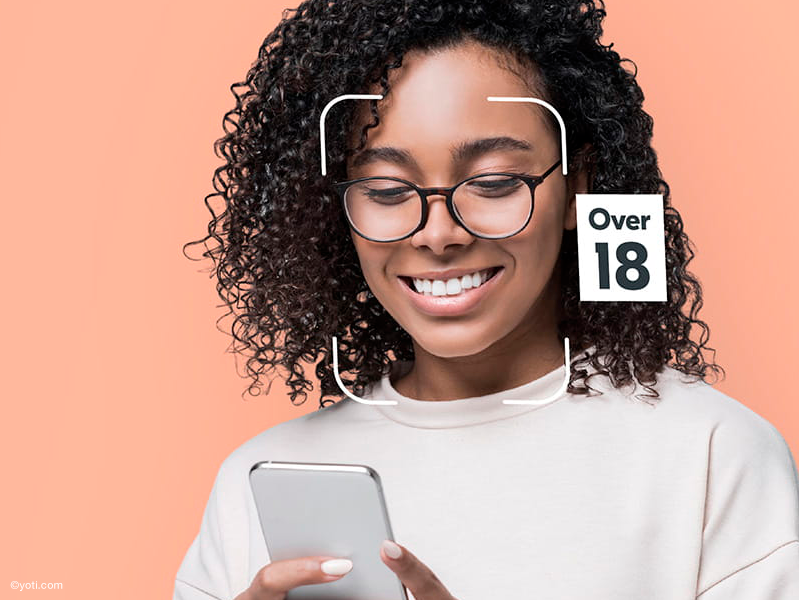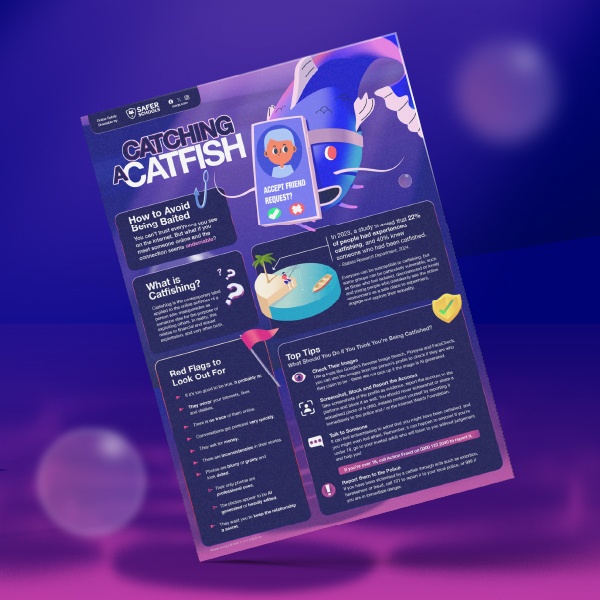Reading Time: 4.9 mins
October 24, 2024
You can’t trust everything you see on the internet. But what if you meet someone online and the connection seems undeniable?
Catfishing is when a person takes information and images from other people or generates photos using AI, and uses them to create a new identity, typically online on social media platforms. The aim of this is to deceive someone else into believing they are in a friendship or relationship, usually with the intention of fraud, extortion or cyberbullying.
The concept of catfishing has gained significant attention in popular media, starting in 2012 with MTV’s “Catfish: The TV Show” which followed a catfishing victim who wanted to help others investigate their own possible catfish. The fascination with this topic is still evident today, with Netflix’s “Sweet Bobby: My Catfish Nightmare” shedding light on the story of a woman who fell victim to a catfish for 9 years.
Catfishing is the contemporary label applied to the online activities of a person who masquerades as someone else for the purpose of exploiting others. In reality, this relates to financial and sexual exploitation, and very often both.
Everyone can be susceptible to catfishing, but some groups can be particularly vulnerable, such as those who feel isolated, disconnected or lonely and young people who mistakenly see the online environment as a safe place to experiment, engage and explore their sexuality.

Red Flags to Look Out For
A red flag is a warning sign that indicates you might be in a dangerous situation or being manipulated by someone. Keep an eye out for these when you meet someone new online.
What Should You Do if You Think You’re Being Catfished?
Check Their Images
Using tools like Google’s Reverse Image Search, Pimeyes and FaceCheck, you can use the images from the person’s profile to check if they have stolen the photos or if they are who they claim to be. However, be aware these will not pick up if the image is AI generated.
Screenshot, Block and Report the Account
Take screenshots of the profile as evidence, report the account to the platform and block it as well. You can check out Our Safety Centre for help with this. You should never screenshot or share a sexualised photo of a child, instead protect yourself by reporting it immediately to the police and / or the Internet Watch Foundation.
Talk to Someone
It can feel embarrassing to admit that you might have been catfished, and you might even feel afraid. Remember, it can happen to anyone and has happened to a lot of people! Talking to someone can really help get to the bottom of it and ensure you have the support you need to protect yourself.
If you’re under 18, go to your trusted adult who will listen to you without judgement and help you!
If you’re over 18, call Action Fraud on 0300 123 2040 to report it.
Further Resources
Join our Online Safeguarding Hub Newsletter Network
Members of our network receive weekly updates on the trends, risks and threats to children and young people online.


